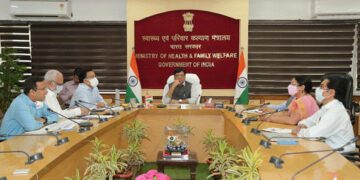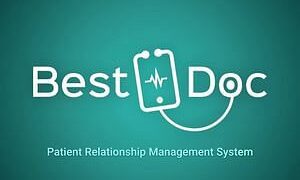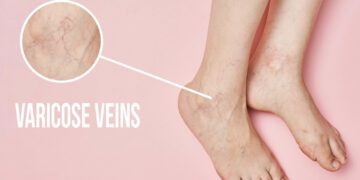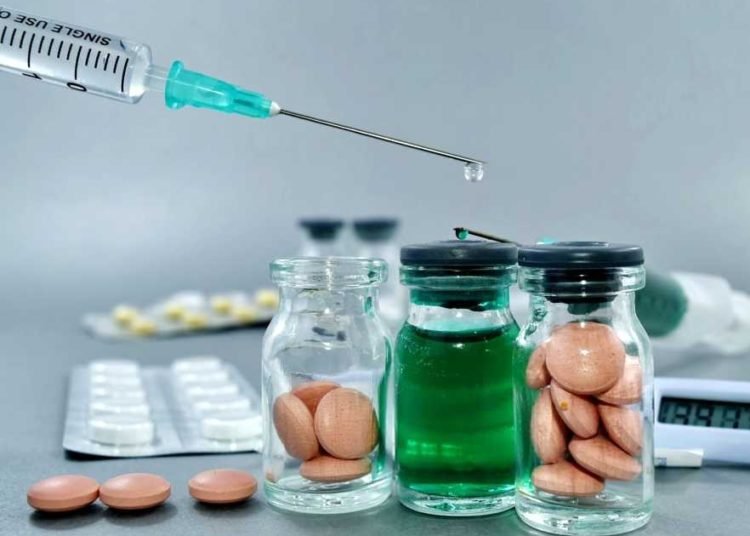By Health In Five Writer
The entire world is grappling with coronavirus for almost the entire 2020 now. According to latest reports, over 29.9 million have been infected by the coronavirus resulting in 941,000 deaths so far.
Director of the Centres for Disease Control and Prevention (CDC) in the United States Robert Redfield believes that the ‘most powerful’ public health tool against Covid-19 currently would be vaccines.
Redfield was responding to questions from US lawmakers at a Senate sub-committee hearing.
“We have clear scientific evidence they work, and they are our best defence. I might even go so far as to say that this face mask is more guaranteed to protect me against Covid-19 than when I take a vaccine,” Redfield said.
While a coronavirus vaccine is likely to become available by early next year, if not towards the end of this year itself, no one knows as of now how effective these vaccines are likely to be. Prominent scientists and vaccine developers have suggested that the early vaccines might not be the most effective ones, and that we would be lucky if they provide protection to at least 75 per cent of those inoculated.
The US Food and Drug Administration (FDA) has said it would approve a coronavirus vaccine if was found to be safe and was at least 50 per cent effective.
Redfield urged people to continue wearing face masks even after a vaccine had become available, and said the pandemic could be brought quickly under control if face masks were adopted universally.
During the same hearing, Redfield also said a vaccine in the United States would not become widely available until the “late second quarter, or third quarter” of next year.
“If you are asking me when is it going to be generally available to the American public so that we can begin to take advantage of vaccine to get back to our regular life, I think we are probably looking at third, late second quarter, third quarter 2021,” he said.
Meanwhile, US President Donald Trump kept alive the speculation about a coronavirus vaccine becoming available before the November 3 Presidential elections, saying the United States could be “getting it” within four weeks.
“The previous administration would have taken perhaps years to have a vaccine, because of the FDA and all the approvals. We are within weeks of getting it. You know, could be three weeks, four weeks,” he said at a townhall event, according to a Bloomberg news report.
Three vaccine candidates are currently undergoing last-stage clinical trials in the United States. Of these, the trials of the one being developed by Oxford University and AstraZeneca has been put on hold because an incident in which a trial participant in England had developed severe illnesses. The trials in England have since resumed after an independent expert committee had analysed the incident, but, in US, the pause on the trial remains.
The developer of another of these vaccines, Pfizer, has said it expected to know by October end how effective its vaccine was likely to be, and if this data was satisfactory it would immediately apply to the US FDA for an emergency authorisation.










































